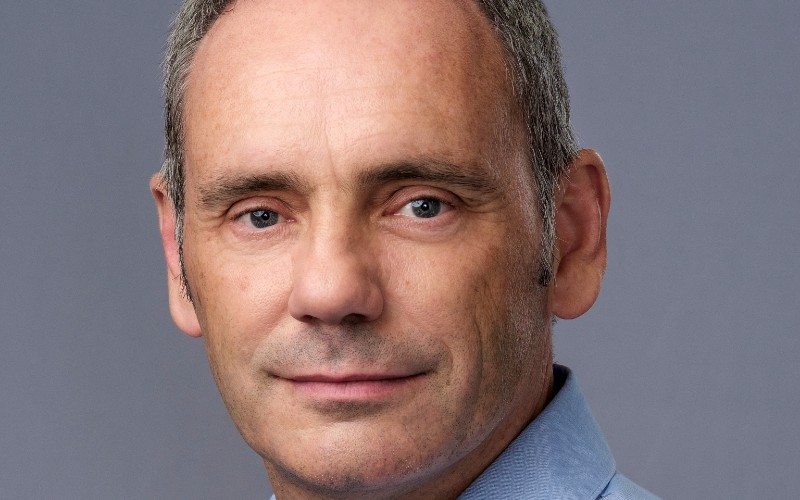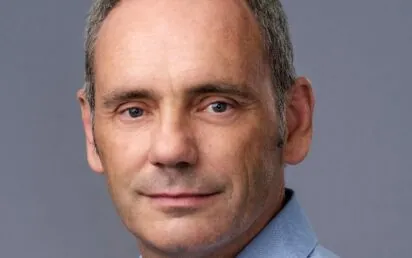When James Mc Gowan took a job teaching English in Madrid in 1992, he could not have imagined that 30 years later he would become the company’s CEO.
While some company leaders are eased into the job over a period of time, he did not have that luxury.
“I became CEO of Wall Street English just as the pandemic struck, which as you can imagine quickly became an extremely trying time for a centre-based language learning model,” he tells BusinessCloud. “The board was asking me how we were going to survive.
“I had to make sure we underwent a radical and rapid transformation.”
Founded in 1972, Wall Street English has provided tuition to over three million adults and now operates with over a million classes a year. It has 350 learning centres in 35 territories across the globe. The company employs 64 people in its Barcelona headquarters and 68 in India.
“We had to pivot our model completely to a digital approach, and achieved it in record time,” continues Mc Gowan. “With a massive team effort, we moved over 120,000 students into digital learning within three weeks of shuttering our centres, without cancelling any contracts.
“We now operate with a unique hybrid model where students can pick whether to learn online or in our centres. We still find that most prefer to learn in person.”
They had no choice in the early 90s, when Mc Gowan started. “I was a classroom teacher in Madrid. I didn’t see myself as a corporate type – I’d recently gained a PhD in geology and was enjoying learning a new culture and language and exploring a new country,” he recalls.
“I found I loved the connection I built with pupils in the small classes we had, and the confidence I could see building alongside language skills, and I became hooked.”
He worked his way up through the company in various managerial roles then VP European operations, COO and MD global franchising.
“I’ve spent over 5,000 hours in the classroom and that same feeling is still there – how can I best help the people I’m working with? While that has largely moved on from the day-to-day with my students, it works the same way with the franchisee owners we work with and my management team,” he says.
“I tell my employees that every day is about continuous improvement. I don’t want to ever be told someone has had a ‘10 out of 10’ day: a 10 means you haven’t taken any risks, and risks are how we see progression as people and as a business. Each day, better.”
He says that ethos of continuous improvement means its technology team is always looking for ways to improve the learning experience.
“We’re always evaluating new technologies entering the market to identify impactful innovations, as well as analysing our learners’ progress and behaviour,” he says.
“Our move to digital books many years ago meant we were ahead of the game in introducing technology to the classroom, and helped us with our environmental aims, reducing waste and simultaneously costs too.
“Our online classrooms were next, with our own proprietary platform and teaching tools, meaning our students could join classes from anywhere in the world, regardless of their schedule.
“We recently introduced a speech analysis tool that offers personalised feedback on pronunciation, so that our students can practise speaking in a relaxed manner to build their confidence before classes with teachers and other students.
“We’re also investing in tech that helps students prepare around the class, with a new study planner that seamlessly integrates into their daily routines, enabling them to manage their study pace, schedule and attend classes, track their progress and prepare for classes and upcoming milestones with ease and efficiency.
“All of our investments are aimed at improving student engagement and productivity, rather than jumping on bandwagons of the latest generative AIs that may not prove helpful in the long run.”
Former Elite Group CEO ‘building different kind of tech business’ with Sum Vivas


